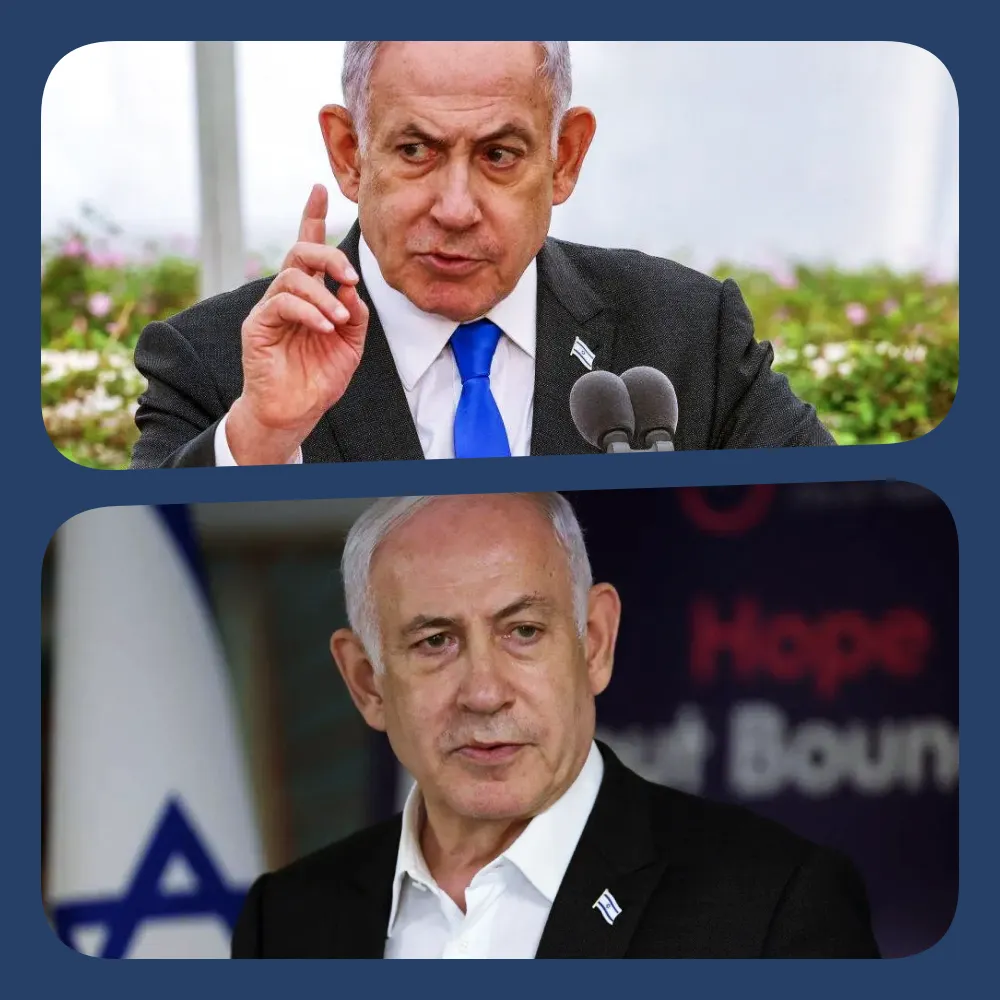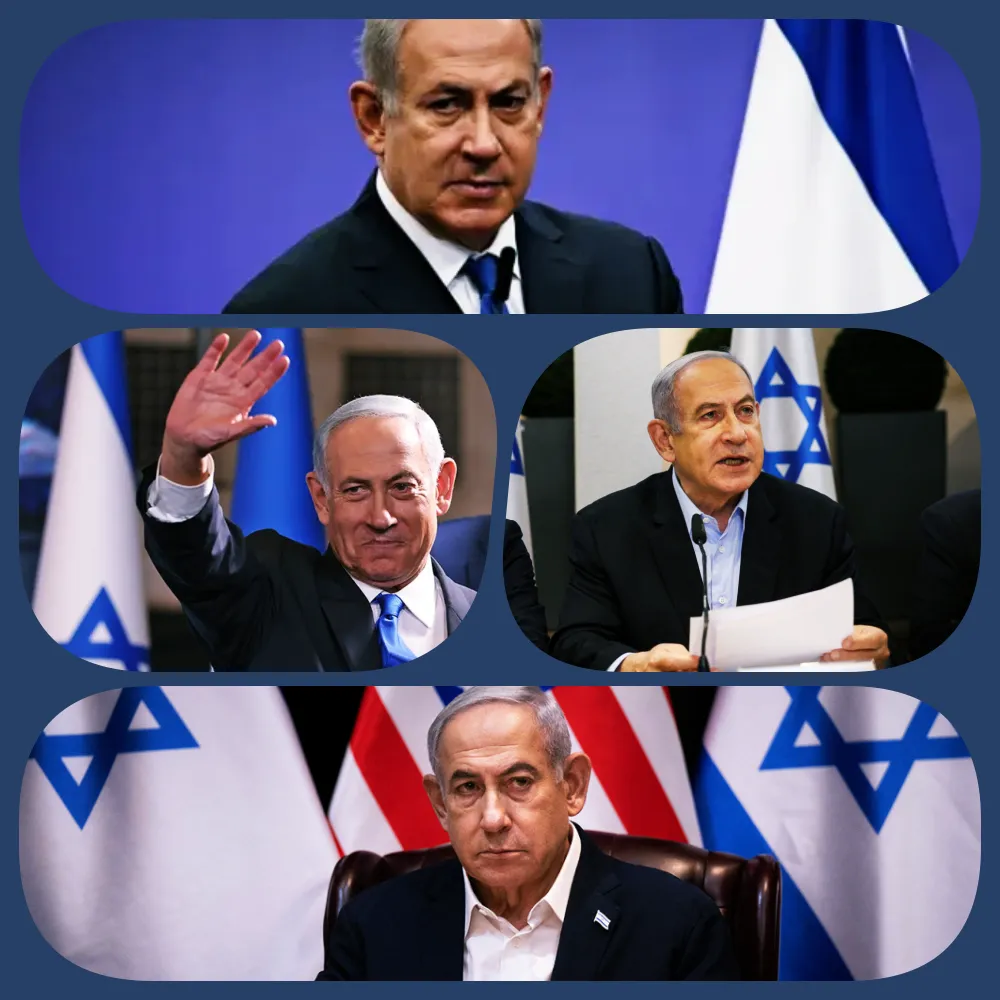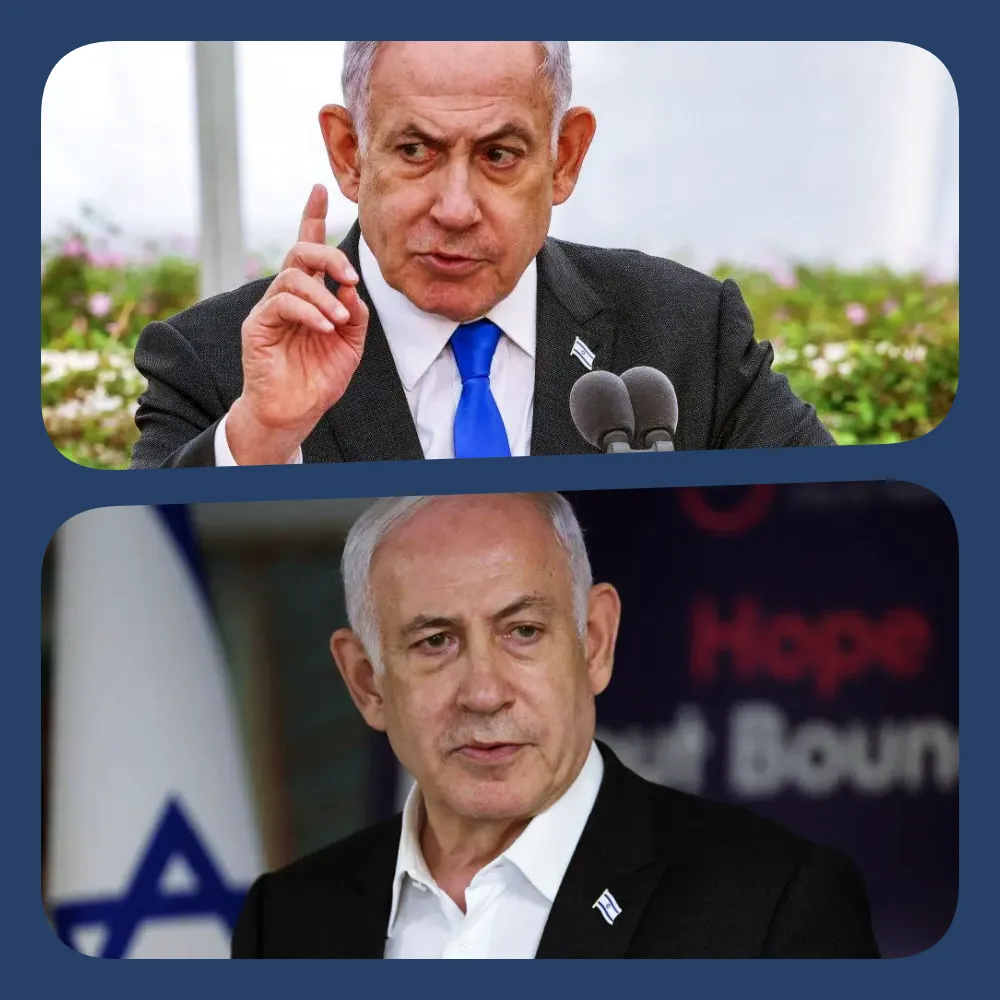
Netanyahu: Hamas Rejects All Ceasefire Proposals
Israeli Prime Minister Benjamin Netanyahu stated that Hamas has turned down every aspect of the proposed ceasefire in Gaza, leading to a deadlock in negotiations.
“Hamas has rejected everything. I hope that will change because I want the hostages released,” Israeli Prime Minister Benjamin Netanyahu said during a press conference on September 4, referring to the ongoing talks about a ceasefire agreement in Gaza.
“We tried to find some starting points for negotiations,” Netanyahu added. “But Hamas refused to do that. They said there’s nothing to discuss.”
The Israeli Prime Minister also reaffirmed his stance on maintaining military forces along the Philadelphia Corridor on the Gaza-Egypt border. He argued that if Tel Aviv gives up control of this area, it would allow Hamas to transport weapons into Gaza, as well as move hostages and group members out.

“We need something to tighten, prevent, and pressure them to release the remaining hostages,” Netanyahu said, referring to the Philadelphia Corridor. On September 2, he also declared he “will not bow to pressure” on issues related to the Philadelphia Corridor.
Israel’s complete withdrawal from the Philadelphia Corridor is a condition Hamas set in the stalled negotiations mediated by the US, Qatar, and Egypt. The group has not commented on Netanyahu’s latest statement.
The Israeli Prime Minister’s declaration raises doubts about the prospect of a breakthrough in peace talks, just a day after the US State Department urged parties that “it’s time to reach a ceasefire agreement.”
Matthew Miller, the department’s spokesperson, said on September 4 that Washington recognizes “Israel’s practical need to ensure no illegal movement of people, goods, or weapons across the Philadelphia Corridor,” but the US believes “there are ways to address this issue.”
Miller stated that “flexibility from the Israeli government and Hamas finding a way to agree” are conditions for reaching a ceasefire deal.
Meanwhile, Prime Minister Netanyahu declared he would be “flexible when possible” and “firm when necessary.”
Netanyahu also stressed that the Philadelphia Corridor isn’t the only issue stalling talks. Another unresolved topic is the number of Palestinian prisoners to be released in exchange for Gaza hostages, whether Israel can veto specific prisoner releases, and where these prisoners would go.
“The entire matter remains unresolved,” the Israeli leader stated.
Prime Minister Netanyahu faces mounting domestic and international pressure to quickly reach a ceasefire deal, allowing those held in Gaza to return home. This pressure intensified after officials announced on September 1 that they found six hostage bodies in a Gaza tunnel.
Netanyahu’s critics blame him for the hostages’ deaths, arguing he refused to make necessary concessions for a ceasefire agreement. Numerous protests have erupted in Israel, pressuring Netanyahu’s government on this issue.

U.S. President Joe Biden also suggested this week that Prime Minister Netanyahu hasn’t made his best efforts to rescue the hostages.
The Israeli leader is caught between conflicting demands. On one side, there’s pressure to secure the hostages’ release. On the other, he faces calls from right-wing coalition partners to continue military operations in Gaza and maintain control over the Philadelphia Corridor.
As negotiations continue, the situation remains tense. Both sides seem unwilling to compromise on key issues, leaving the fate of the remaining hostages uncertain. The international community watches closely, hoping for a breakthrough that could lead to a lasting ceasefire and the safe return of those still held captive.






